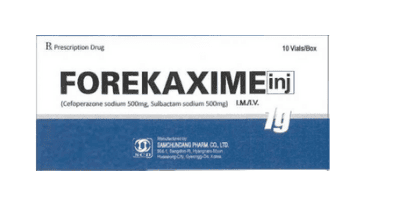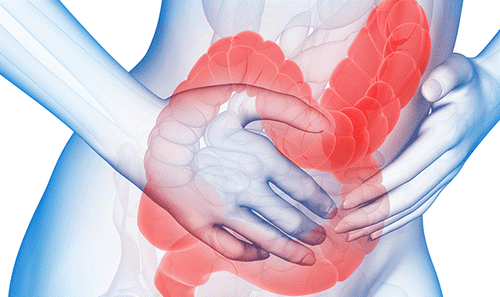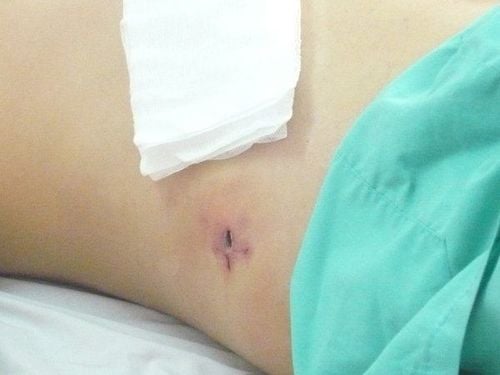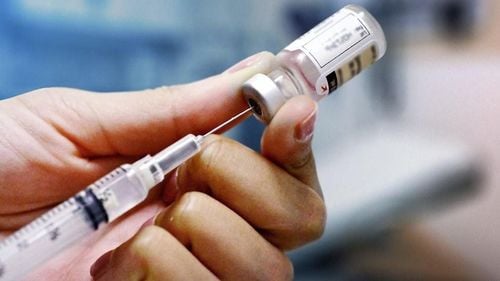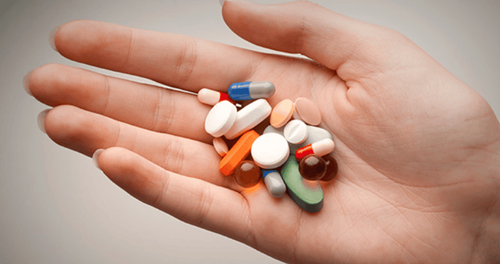This is an automatically translated article.
Surgical site infection is one of the most common nosocomial infections. Surgical site infections increase treatment costs, prolong patient time and morbidity, and overuse antibiotics and increase antibiotic resistance. Infection prevention is one of the most important aspects of any surgery.1. Why is it important to prevent postoperative infections?
Usually simple procedures such as inserting a needle into the joint to drain fluid or injecting medication carry very little risk. However, more complex surgeries with larger incisions and prolonged skin openness are associated with a higher risk. Major surgery to insert objects into the body, such as metal frames or artificial joints, must be done carefully to ensure that foreign objects placed in the body do not carry bacteria. Infection prevention is one of the most important aspects of any surgery. All medical staff are closely monitored for infection prevention.Infection prevention begins before surgery to ensure that no infections are present that could interfere with surgery. If you have a skin infection, cystitis, or any other infection, the surgery will be postponed until the infection is treated and well controlled.
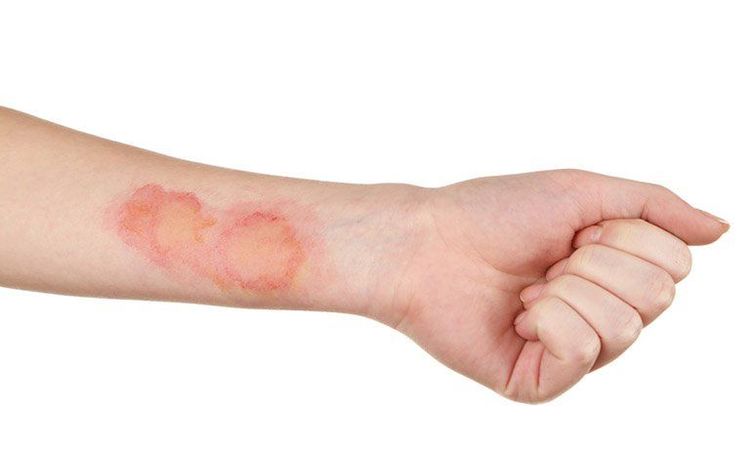
Nếu bạn đang nhiễm trùng da hoặc bất cứ loại nhiễm trùng nào khác, cuộc phẫu thuật sẽ hoãn lại cho đến khi nhiễm trùng được điều trị và kiểm soát tốt
2. Measures to prevent and control surgical site infection
2.1 General measures Disinfectant bath for patients before surgery; Hair removal and proper preparation of the skin incision site; Surgical and routine hand disinfection with alcohol-based hand sanitizer; Correct application of prophylactic antibiotic therapy Strictly observe aseptic procedures in the operating room Control blood sugar, keep patients warm during surgery. Maintain good aseptic conditions in the surgical area such as surgical instruments, surgical cloths, sterile water for surgical hand washing and ensure clean ventilation in the operating room. 2.2 Before surgery Clean the body thoroughly. Before surgery begins, the skin around the incision will be cleaned and disinfected with an antiseptic, such as iodine. Before surgery, you will probably be given antibiotics but not for all types of surgery. Surgery with a low risk of infection usually does not require prophylactic antibiotics. Many orthopedic surgeries require antibiotics, which are cases where artificial materials are inserted into the body.During the surgery, the medical staff always make sure the entire surgery is done in sterile conditions. Surgery is performed in a sterile room designed to avoid infection. Instruments during surgery should be sterile. The incision is covered with a sterile dressing before leaving the operating room. The dressing is an important barrier to infection until the incision heals on its own, often within the first few days. If the incision is still oozing fluid, it may be a convenient route for bacteria to enter the wound. The dressing is changed daily until the wound stops oozing and is completely healed.

Trước phẫu thuật, bạn có thể sẽ được sử dụng kháng sinh dự phòng
Before you leave the hospital, you will be shown how to care for the incision. Remember to wash your hands before changing the dressing.
Change the dressing as directed by the medical staff Do not leave the incision wet Do not apply any medicine to the incision Do not scratch or prick the incision If you have any of the following warning signs of infection, report Tell the doctor:
Fever The area around the incision is red Vinmec International General Hospital is one of the hospitals that not only ensures professional quality with a team of leading doctors and nurses, modern equipment and technology, but also stands out for its outstanding service. comprehensive and professional medical examination, consultation and treatment; civilized, polite, safe and sterile medical examination and treatment space.
Please dial HOTLINE for more information or register for an appointment HERE. Download MyVinmec app to make appointments faster and to manage your bookings easily.




